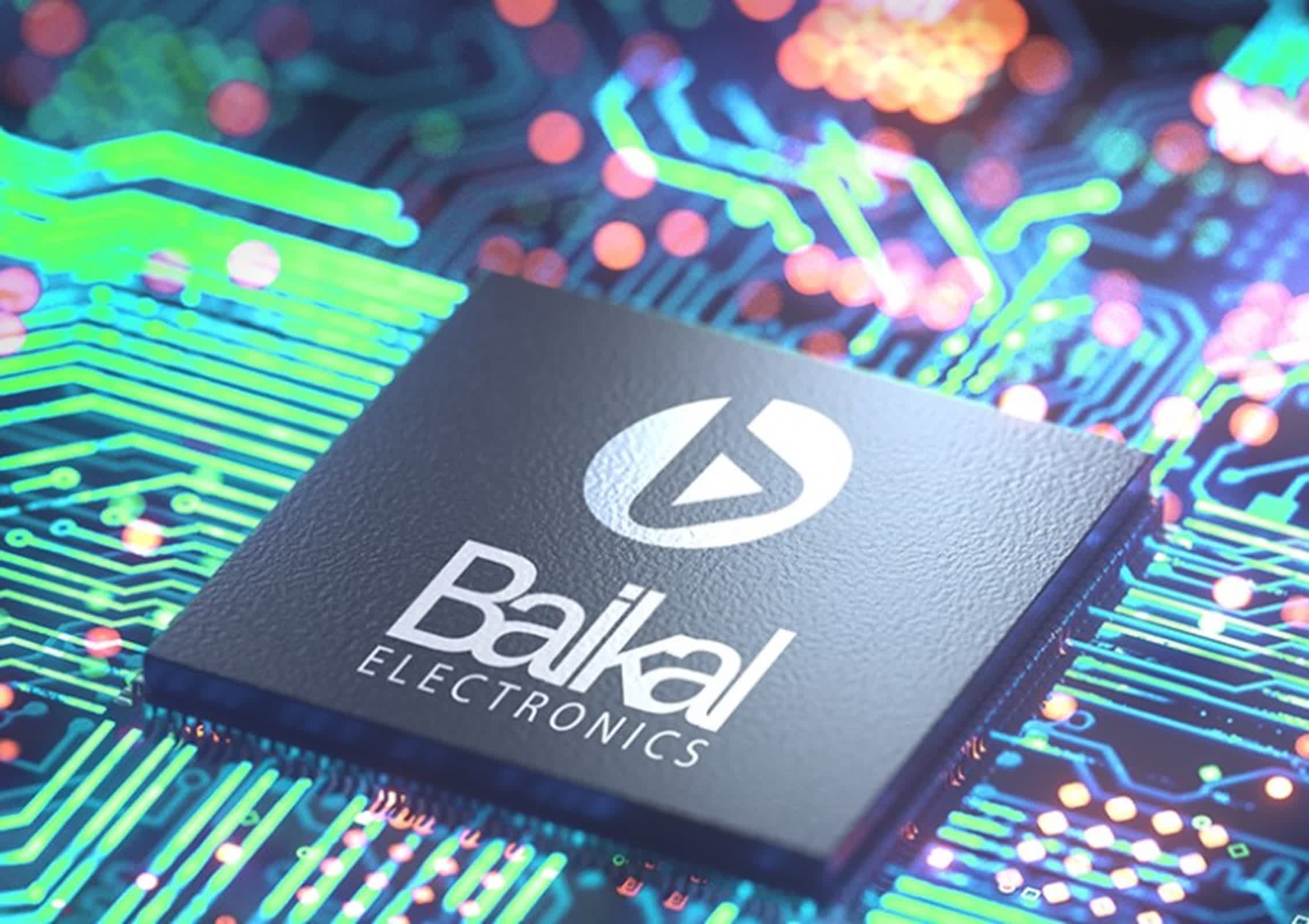
Why it matters: Global sanctions against Russian companies have worked in at least one respect: Baikal Electronics can no longer supply enough chips to meet the country’s needs, and half of the chips it produces are defective. Russia is working to build up its domestic capabilities, but it is unclear whether it can catch up.
Baikal Electronics, one of Russia’s major processor developers, has been struggling in the wake of sanctions imposed by the US and UK governments following Russia’s invasion of Ukraine in February 2022. Until then, the company ordered the production of chips, including their packaging, from TSMC.
The Taiwan-based chipmaker promptly stopped shipping processors that year because of the sanctions. The sanctions also blocked the Russian company from licensing Arm technology. Baikal, which switched from the Baikal-T series MIPS instruction set architecture to Arm years ago, used the technology in its Baikal-M, -S, and -L series chips.
The supply restrictions forced the company to turn inward to produce packaged and tested silicon. Russian business news outlet Vedomosti recently revealed that about half of the processors packaged in Russia are defective. A source told the paper that the failures are due to equipment that is not configured correctly and not having enough properly trained technicians for the chip packaging.
The company plans to expand its packaging partners in the country, joining forces with Milandra and Mikron in Zelenograd. However, no contract chipmakers in the country can process wafers on 28nm-class fabrication technologies. Tom’s Hardware speculates that Baikal is likely using a Chinese foundry to make its processors.
In a big-picture sense, Baikal’s problems result from Russia’s inability to develop a commercial high-tech sector instead of focusing on military applications. This mindset goes back to the 1980s when the US initiated export controls against Russian-backed “techno-bandits” that were supplying Russia with sophisticated equipment for its fledgling electronics industry. The strong controls essentially stymied Russia’s development capabilities in chip design and manufacture, although the country has achieved some success in software and high-tech services.
In 2022, the Russian government announced a plan to become more independent from Western technology through massive investment in domestic chip development, manufacturing, and personnel training. It said it would invest $38.3 billion to build the local microelectronics industry and $5 billion to develop newer fabrication nodes and ramp up production. By 2030, the country’s goal is to manufacture chips using a 28nm process technology – something TSMC did in 2011.










